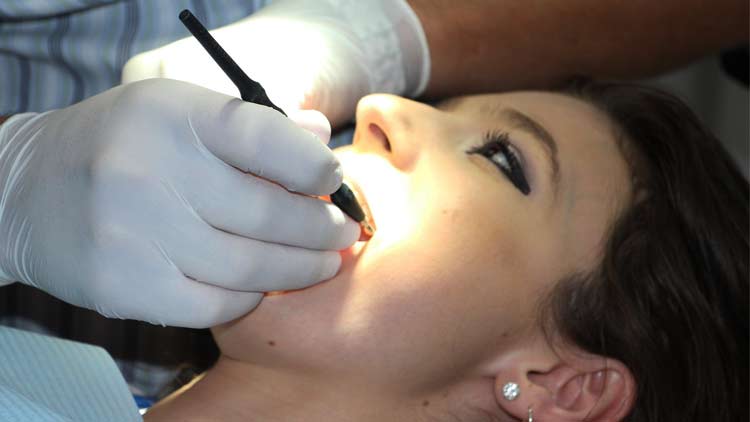
From eating to smiling to talking, our teeth and mouth play a big role in our day-to-day life. So why not protect them for any potential issues or disease that could arise? This is the overall objective of preventative dentistry.
According to the American Dental Association, 42% of Americans said they don’t see a dentist as often as they would like. That’s almost half of the population who are likely not seeing the dentist every 6-months as recommended. These checkups have the potential to pinpoint issues before they become major problems.
Of course, things happen, and unforeseen problems might arise when it comes to our teeth. For example, injuries or chipped teeth must be addressed when/if they happen. However, when it comes to the more slowly developing problems like tooth decay or gum disease, you can minimize the odds of acquiring these kinds of issues by following a pretty simple preventative dental plan which includes:
- Regular dental checkups and cleanings – every 6 months
- Annual digital dental X-rays
- Fluoride treatments for preventing tooth decay
- Use of sealants as needed
- Brushing twice a day and flossing regularly
This is a very simple and manageable dental approach and research shows that it pays off in the long run. According to a study from Cigna, every dollar spent on preventative dental care could save $8-$50 in restorative and emergency dental treatments. In other words, regular dental care and good dental hygiene practices minimize the chance of undergoing some expensive treatment or procedure.
Children have the most to benefit from this kind of preventative dental care. According the Center for Disease Control (CDC), 20% of children aged 5 to 11 years have at least one untreated decayed tooth. The longer these cavities go untreated, the greater the likelihood for pain and other complications.
While we can’t guarantee the prevention of dental issues, we can at the very least decrease the odds of many of the most common ones. And when we catch issues in the early stages, we have a much better chance of treating them effectively.
If you don’t already have a plan for your long-term dental health, it’s time to make one. Make an appointment today and we’ll help you identify a dental strategy that works for you.

 Request an Appointment
Request an Appointment